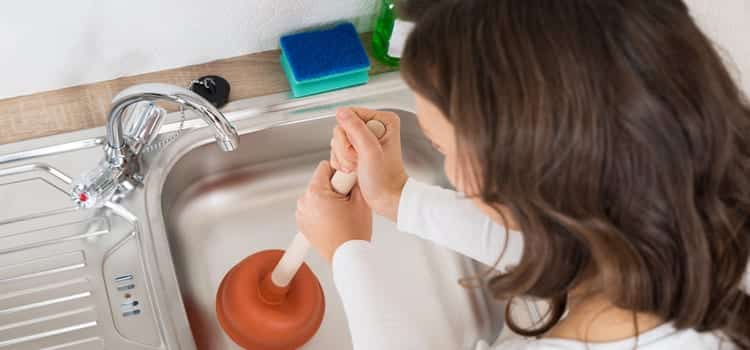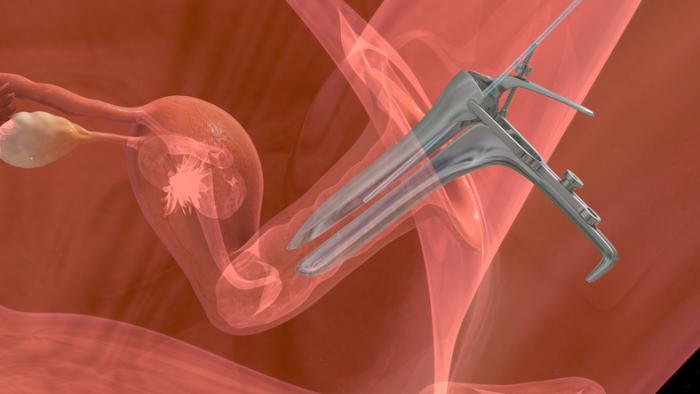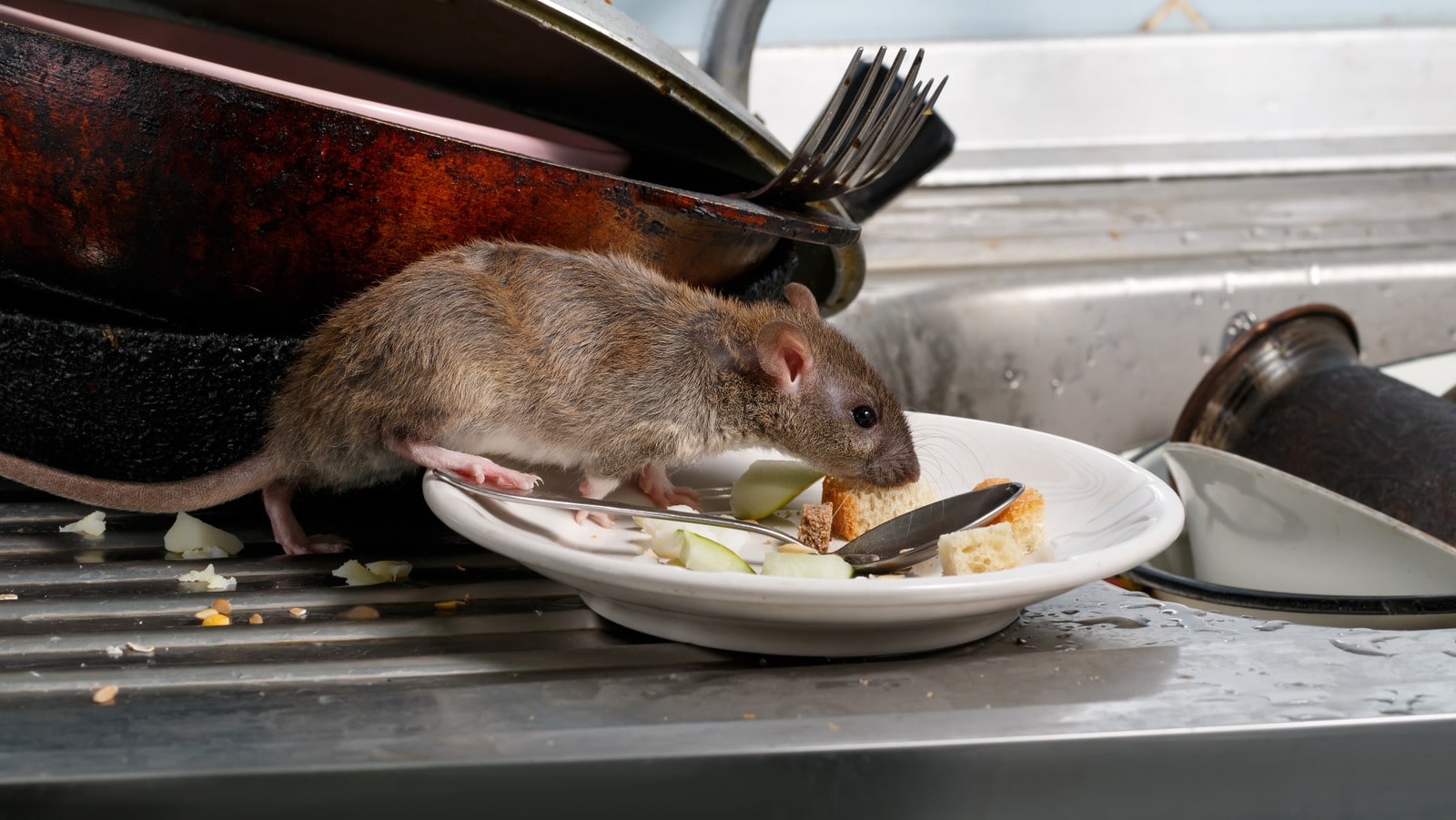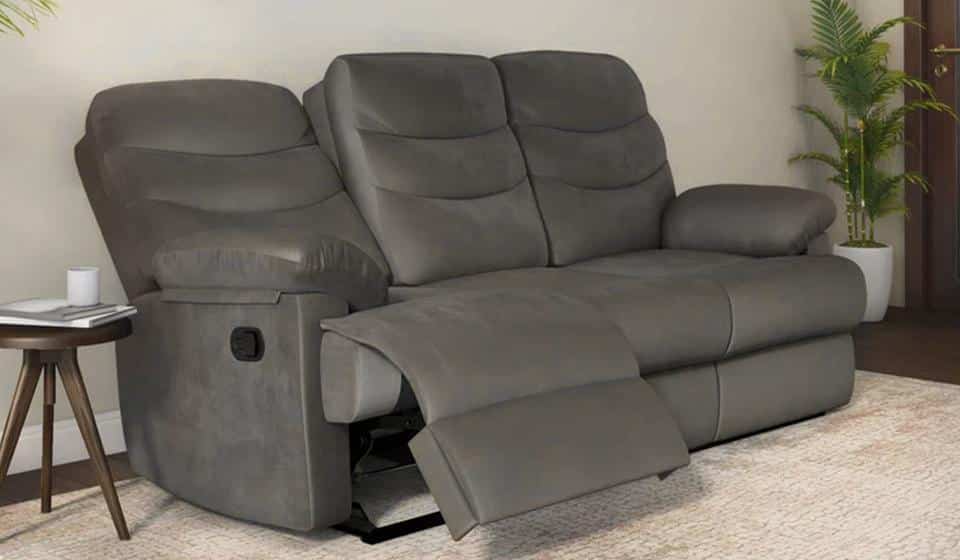How to Prevent Blocked Drains at Home
Maintaining Clear Drains
Maintaining clear drains in your home is a crucial aspect of responsible homeownership. Blocked gutters can lead to problems ranging from unpleasant odours and slow drainage to costly plumbing repairs. You can proactively avoid the inconvenience and expenses associated with blocked drains. This guide will provide a comprehensive prevention. To prevent blocked drains at home and ensure the smooth flow of wastewater, it is essential to adopt proactive measures. Regularly clearing debris and hair from sink and shower drains, using drain guards, and avoiding the disposal of grease and large food particles down the kitchen sink are fundamental practices. Additionally, incorporating the use of advanced technology, such as a pipe camera, can be highly effective in identifying potential issues before they escalate. The pipe camera allows homeowners to inspect the condition of their pipes, detecting any signs of blockages, leaks, or damage.
Understanding the Causes of Blocked Drains
Do you have problems preventing blocked drains at home? Here are the things you must know to understand the causes of blocked drains:
Foreign Objects
One of the most common causes of blocked drains is the presence of foreign objects. These objects often get into drains and pipes, causing blockages over time. Common culprits include hairpins, toothbrushes, cotton swabs, and small toys. These seemingly innocent items can wreak havoc on your plumbing system if disposed of improperly.
Improperly disposing of these objects, such as flushing them down the toilet or letting them wash down the sink, creates a recipe for disaster. They can accumulate, combine with other debris, and create stubborn blockages that can be challenging to remove. Always dispose of such items in the trash instead of down the drain to prevent this.
A buildup of Grease and Fat
Grease and fat may seem harmless when they go down the drain, but over time, they can accumulate and lead to severe blockages. When you pour oil or grease down the sink, it may be in liquid form initially, but as it cools, it solidifies and adheres to the walls of your pipes. This sticky buildup can trap other debris and create a stubborn clog restricting water flow.
To prevent grease and fat buildup, it’s essential to let them cool and solidify in a container before disposing of them in the trash. Alternatively, consider recycling used cooking oil if it’s an option in your area. Doing so lets you keep your drains clear and your plumbing functioning smoothly.
Hair and Soap Scum
In bathrooms, hair and soap scum are primary culprits for blocked drains. Hair can quickly become tangled and trapped in the drainpipe, while soap scum combines with hair and other debris to form tough clogs. Over time, this can lead to slow-draining sinks and showers.
To prevent hair and soap scum buildup, consider installing drain screens or catchers in your shower and bathtub drains. These simple devices trap hair and prevent it from entering the drain. Additionally, regular cleaning and maintenance of your gutters can help prevent the accumulation of soap scum and other residues.
Preventive Maintenance Tips
Regular Cleaning
Regular drain cleaning is a fundamental step in preventing blockages. Start by removing the drain cover or stopper and visually inspecting the drain for any visible debris or hair. Carefully remove visual obstructions using a drain snake or a bent wire hanger. Then, flush the drain with hot water to help clear away any remaining residue.
For routine maintenance, consider using a homemade drain cleaning solution. A mixture of baking soda and vinegar can effectively break down the buildup in your pipes. Pour half a cup of baking soda down the drain, followed by half a cup of vinegar. After a few minutes, flush the drain with hot water to wash away the dissolved debris.
Using Drain Screens
A simple yet effective preventive measure is using drain screens or filters. The design of these devices catches debris before it enters your drain, reducing the likelihood of blockages. Install drain screens in your sinks, showers, and bathtub drains, and clean them regularly to ensure they continue to work effectively.
To install a drain screen, simply place it over the drain opening. Ensure it fits snugly to prevent debris from bypassing it. Periodically remove the screen, empty it into the trash, and rinse it thoroughly before reinstallation.
Proper Disposal of Waste
Proper disposal of kitchen waste is crucial in preventing blockages in your kitchen sink. Avoid washing food scraps, coffee grounds, and cooking oils down the sink. Instead, use a trash can or composting bin for food waste. Dispose of used cooking oil in a designated container, and check if recycling options are available in your area.
By being diligent about waste disposal, you can significantly reduce the risk of clogs and maintain clear and functional drains.
Hair Catchers in Showers and Tubs
Installing hair catchers in your shower and bathtub drains is an excellent way to prevent hair-related blockages. Designers have designed the catchers to trap hair before it enters the drain, making it easy to remove and dispose of.
To install a hair catcher, remove the drain cover or stopper and place the catcher over the drain opening. Ensure it fits securely and is easy to remove for cleaning. Empty the hair catcher regularly to prevent hair buildup and maintain a clear drain.
Avoiding Chemical Drain Cleaners
While chemical drain cleaners may seem like a quick fix for clogs, they can do more harm than good. These harsh chemicals can corrode your pipes over time and harm the environment. Instead, opt for safe and eco-friendly alternatives.
As mentioned earlier, one practical alternative is a mixture of baking soda and vinegar. You can also use a mechanical drain snake or plunger to dislodge clogs. If these methods don’t work, seeking professional assistance rather than chemical cleaners is best.
Professional Assistance
When to Call a Plumber
In some cases, blockages can be severe and require the expertise of a professional plumber. Knowing when to call a plumber is essential to prevent further damage to your plumbing system. Signs that you should seek professional help include:
- Persistent Blockages: If you’ve tried DIY methods and the blockage persists or returns shortly after clearing it, it indicates a deeper issue.
- Foul Odors: Unpleasant odours emanating from your drains may indicate a blockage that needs professional attention.
- Multiple Clogged Drains: If multiple drains in your home are blocked simultaneously, it may indicate a more extensive problem within your plumbing system.
When choosing a plumbing service, research and select a reputable and licensed plumber. Reading reviews, getting recommendations from friends and neighbours, and checking credentials can help you make an informed choice.
Regular Inspections
Preventing blocked drains is an ongoing process; periodic drain inspections are crucial. Regular reviews can help identify early signs of blockages or damage, allowing you to address issues before they become significant problems.
Consider scheduling professional drain inspections at least once a year. During these inspections, a plumber can use specialised tools, such as drain cameras, to assess the condition of your pipes and identify potential issues. Timely maintenance and repairs can extend the life of your plumbing system and prevent costly emergencies.
Conclusion
In conclusion, maintaining clear drains in your home is essential for a hassle-free and cost-effective living environment. By understanding the causes of blocked drains and following preventive maintenance tips, you can avoid the inconvenience and expense of plumbing issues. Regular cleaning, drain screens, responsible waste disposal, and avoiding chemical drain cleaners are critical steps in preventing blockages.
Knowing when to call a plumber and scheduling regular inspections are additional measures to help keep your plumbing system in good condition. Reach out to 23-Hour Plumbing for assistance and help with your blocked drains. By taking these proactive steps, you’ll save money in the long run and enjoy the peace of mind of a healthier and well-maintained home. Start implementing these preventive measures today to ensure clear drains and a happier home.







